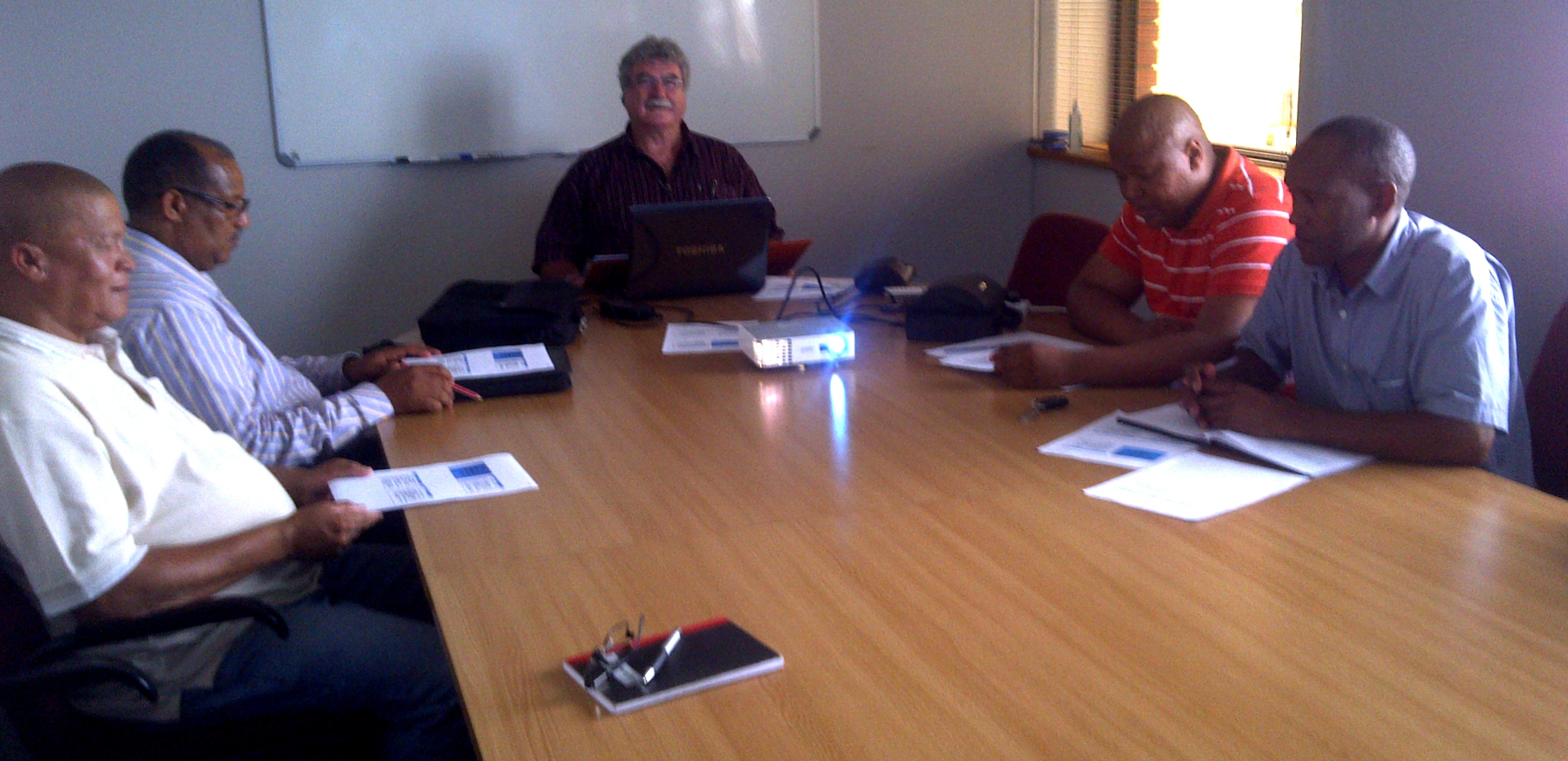
placeholder.jpg
In July 2011, the HDA embarked on a one-year mentorship programme for project managers and project administrators in collaboration with the Nelson Mandela Metropolitan University’s Department of Building and Human Settlement Development.
Mentorship is essentially the guiding of mentees or graduates and the evaluation of their knowledge and experience towards professional registration. This goes hand in hand with coaching, although the two are distinctly different.
The role of a coach is usually fulfilled by the supervisor of a mentee at the next level of supervision to his/her own position, and it involves day-to-day guidance, teaching and support for the mentee’s professional development.
The role of mentorship is somewhat more removed, with less direct involvement, but with emphasis on advice and evaluation of a mentee’s knowledge, competencies and experience in relation to the criteria for professional registration.
This particular course was structured in such a way that the mentor met with the group every second week, and with each individual during the alternative weeks.
Each course attendee filled out a questionnaire to assess his/her skills and knowledge against those required by professional project managers, as stipulated by the South African Council for Project and Construction Management Professionals.
Through this assessment, priority training needs for each mentee were identified, including the need for a project management course that focuses on training in MS Project, and the need for enhancing the mentee’s knowledge on procurement; legislative and contractual matters; occupational health and safety; and topics related to human settlement development.
Further attention was also given to the training and experience needs of the mentees on an individual basis.
The most important output of the programme is furthering professional development, which should ultimately contribute to more efficient and effective management and administration of projects. This means identifying any further training and experience needs, and addressing them on a group and/or individual bases.
These endeavours are undertaken in close collaboration with the mentor, supervisors and mentees. A portfolio of skills, competencies, knowledge and experience is a tangible outcome of the mentees’ development and evidence of their meeting the criteria for professional registration.
The mentees as well as the supervisors have reported that the mentorship is a positive intervention in their career paths. It is, however, essential that all parties are clear on the purpose, activities and outcomes of the programme and that everyone collaborates as expected. The roles of coaching and mentorship are closely related; hence both are essential for achieving the outcomes of the programme.